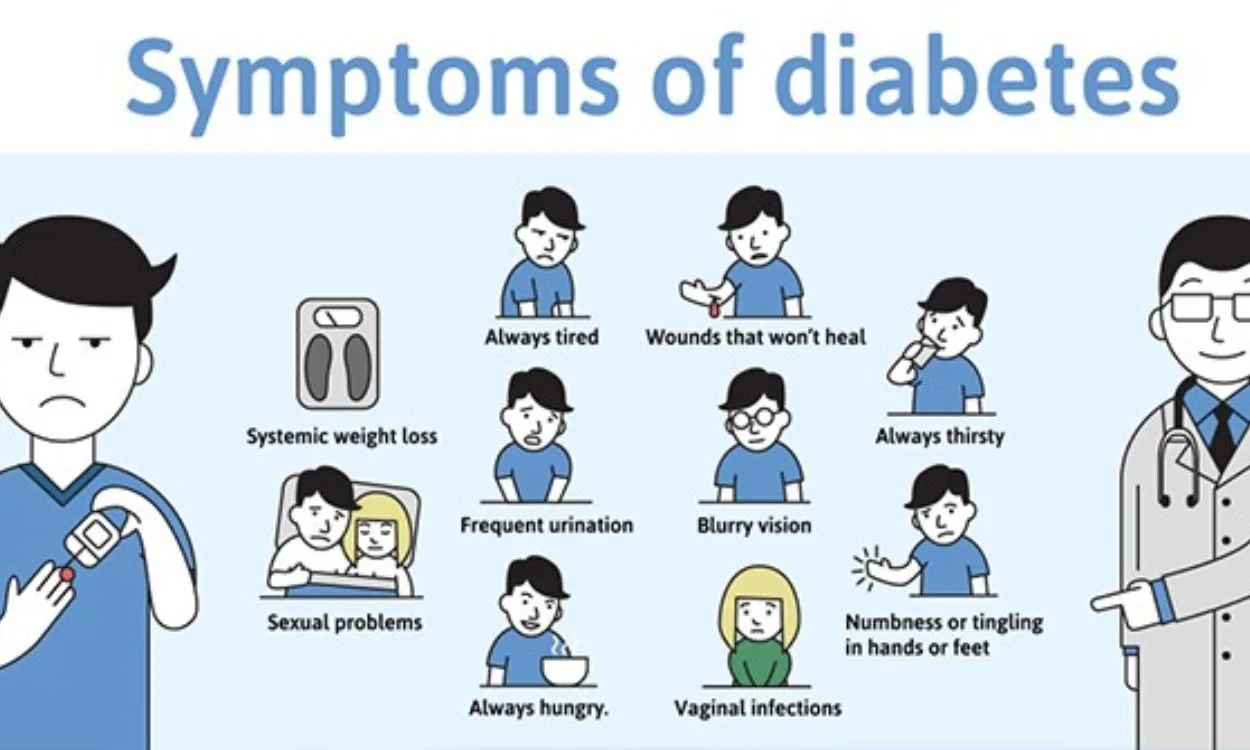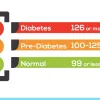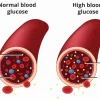What are the Symptoms of Diabetes and How Can They be Recognized?
Introduction
Living a healthy lifestyle is crucial for overall well-being, and one health condition that requires special attention is diabetes. Diabetes is a chronic metabolic disorder characterized by high blood sugar levels. It affects millions of people worldwide, including a significant portion of the Indian population. Recognizing the symptoms of diabetes is essential for early detection and effective management of the condition. In this article, we will explore the common symptoms of diabetes and provide insights on how they can be recognized.
Common Symptoms of Diabetes
- Frequent Urination: Excessive thirst and increased frequency of urination are common indicators of diabetes. High blood sugar levels cause the kidneys to work harder to filter and absorb the excess glucose, leading to increased urine production.
- Increased Thirst: Constantly feeling thirsty, even after consuming an adequate amount of fluids, can be a sign of diabetes. This excessive thirst is caused by the body’s attempt to flush out the excess sugar through urine.
- Unexplained Weight Loss: Sudden and unexplained weight loss, despite maintaining a regular diet, can be an indication of diabetes. When the body is unable to utilize glucose as fuel, it starts breaking down fat and muscle tissue for energy, resulting in weight loss.
- Fatigue and Weakness: Persistent fatigue and weakness can be early signs of diabetes. High blood sugar levels prevent glucose from reaching the body’s cells, depriving them of the necessary energy.
- Blurred Vision: Diabetes can affect the blood vessels in the eyes, leading to blurred vision. If left unmanaged, it can potentially cause long-term damage to the retina.
- Slow Healing of Wounds: Diabetes impairs the body’s ability to heal wounds effectively. High blood sugar levels restrict blood flow, depriving tissues of oxygen and vital nutrients necessary for the healing process.
- Frequent Infections: Individuals with diabetes are more susceptible to infections, especially in the urinary tract, skin, and gums. Elevated blood sugar levels create an ideal environment for bacteria to thrive.
- Numbness and Tingling: Diabetes can cause nerve damage, leading to numbness and tingling sensations, particularly in the hands and feet. This condition is known as peripheral neuropathy.
- Increased Hunger: Despite consuming regular meals, individuals with diabetes may experience excessive hunger. The body’s inability to use glucose effectively results in a constant feeling of hunger.
- Irritability and Mood Swings: Fluctuating blood sugar levels can impact mood stability, leading to irritability, mood swings, and even depression in some cases.
Recognizing the Symptoms of Diabetes
It is important to be vigilant and recognize the symptoms of diabetes early on. Here are some ways to identify the symptoms:
- Monitor Your Blood Sugar Levels: Regularly monitoring your blood sugar levels can provide insights into any abnormalities. Elevated fasting blood sugar levels (above 126 mg/dL) or random blood sugar levels (above 200 mg/dL) may indicate the presence of diabetes.
- Pay Attention to Physical Symptoms: If you experience any of the common symptoms mentioned above, such as excessive thirst, frequent urination, unexplained weight loss, or persistent fatigue, it is essential to consult a healthcare professional for further evaluation.
- Undergo Diagnostic Tests: A healthcare professional may recommend diagnostic tests such as a fasting plasma glucose test, oral glucose tolerance test, or HbA1c test to confirm the diagnosis of diabetes.
- Be Aware of Risk Factors: Understanding the risk factors associated with diabetes can help in recognizing the symptoms early. Factors such as a family history of diabetes, sedentary lifestyle, unhealthy eating habits, obesity, and age above 45 increase the likelihood of developing diabetes.
- Seek Medical Advice: If you suspect you may have diabetes or are at risk, it is important to seek medical advice. A healthcare professional can provide an accurate diagnosis and guide you on the appropriate management strategies.
Fitpaa: Your Companion in Diabetes Management
Taking control of your diabetes requires a comprehensive approach that includes lifestyle modifications, regular monitoring, and personalized guidance. Fitpaa, an AI-driven Metabolism monitoring and management technology, offers a holistic solution for managing diabetes and achieving your health and fitness goals. With Fitpaa, you gain access to a team of experts, including fitness coaches, nutritionists, and doctors, who will create a personalized Fitpaa Capsule tailored to your metabolism, health goals, and lifestyle.
Fitpaa Capsule, a combination of medical therapy, medical exercise therapy, medical nutrition therapy, and cognitive behavior therapy, optimizes your metabolism, helps regulate blood sugar levels, and supports overall well-being. The Fitpaa mobile app provides real-time guidance, habit-building techniques, and tracking tools to keep you motivated and on track towards achieving your health and fitness goals.
By downloading the Fitpaa app and embracing its comprehensive approach, you can take charge of your diabetes management journey and experience the joy of a healthier, more fulfilling life.
Conclusion
Recognizing the symptoms of diabetes is crucial for early detection and effective management of the condition. Frequent urination, increased thirst, unexplained weight loss, fatigue, blurred vision, slow wound healing, frequent infections, numbness, increased hunger, and mood swings are common symptoms to be aware of. Monitoring blood sugar levels, paying attention to physical symptoms, undergoing diagnostic tests, and seeking medical advice are important steps in recognizing diabetes symptoms. By combining these steps with the comprehensive support of Fitpaa, individuals can take control of their diabetes and work towards achieving their health and fitness goals. Remember, early detection and proactive management are key in leading a healthy and fulfilling life.









